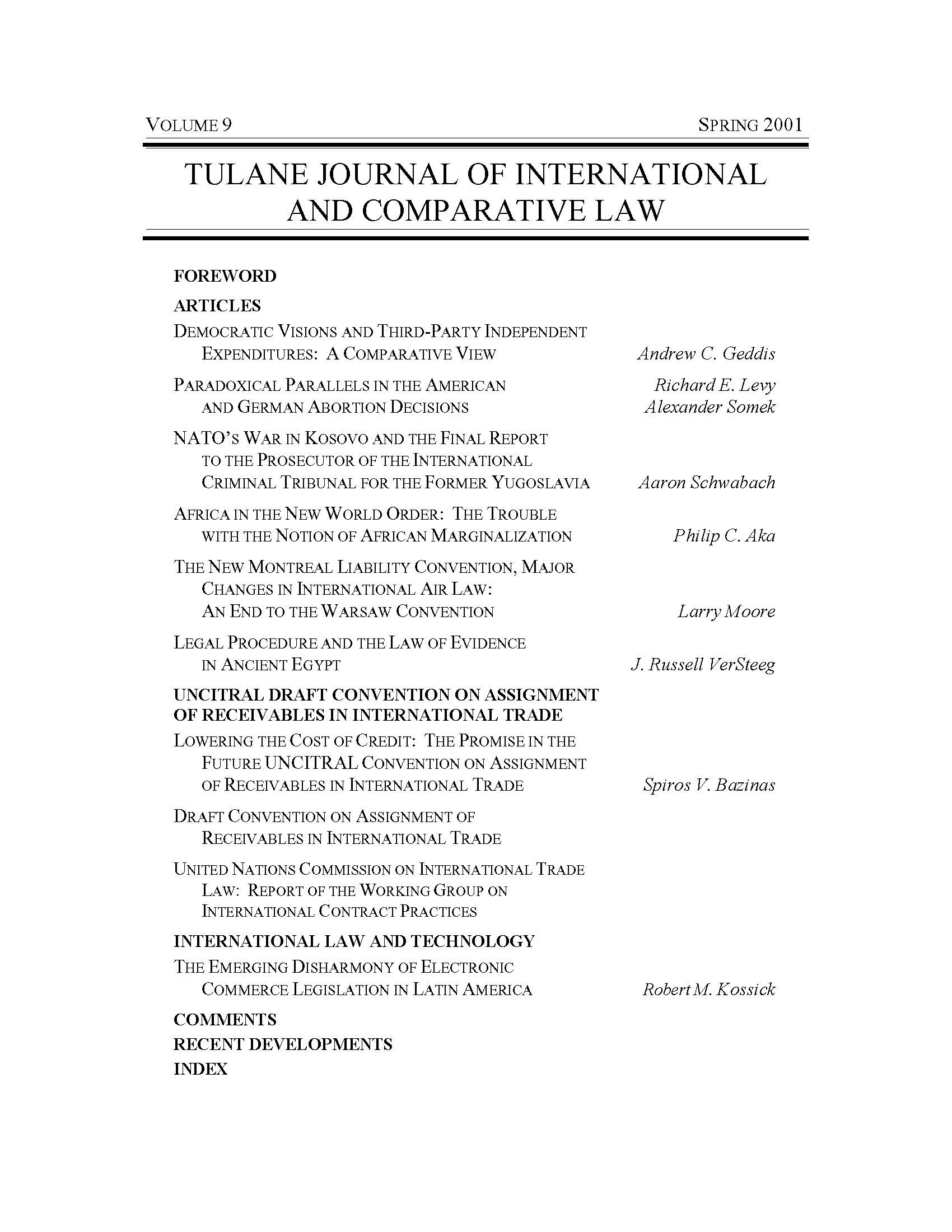Democratic Visions and Third-Party Independent Expenditures: A Comparative View
Abstract
Questions about the proper role that money should play in a country’s democratic process bedevil all democracies. One of the most difficult issues to be faced is the way in which spending by “third party” participants—those individuals or groups not directly contesting the election but whom nevertheless want to affect its outcome—should be regulated. To what extent should these third parties be allowed to make independent expenditures designed to influence the voters into casting their ballots one way or the other?
In this Article, the author develops two contrasting “visions” of the electoral process that may be used to illuminate the arguments in this area of law. He then applies these visions to analyze the regulatory frameworks in place in three particular countries: the United States, the United Kingdom, and Canada. Within the rules adopted by each of these countries can be seen a constant tension between each of the two visions—a tension that renders the law unstable and uncertain. While acknowledging this instability, the author concludes with some words on which of the models of regulation he considers best serves a properly functioning democratic process.
